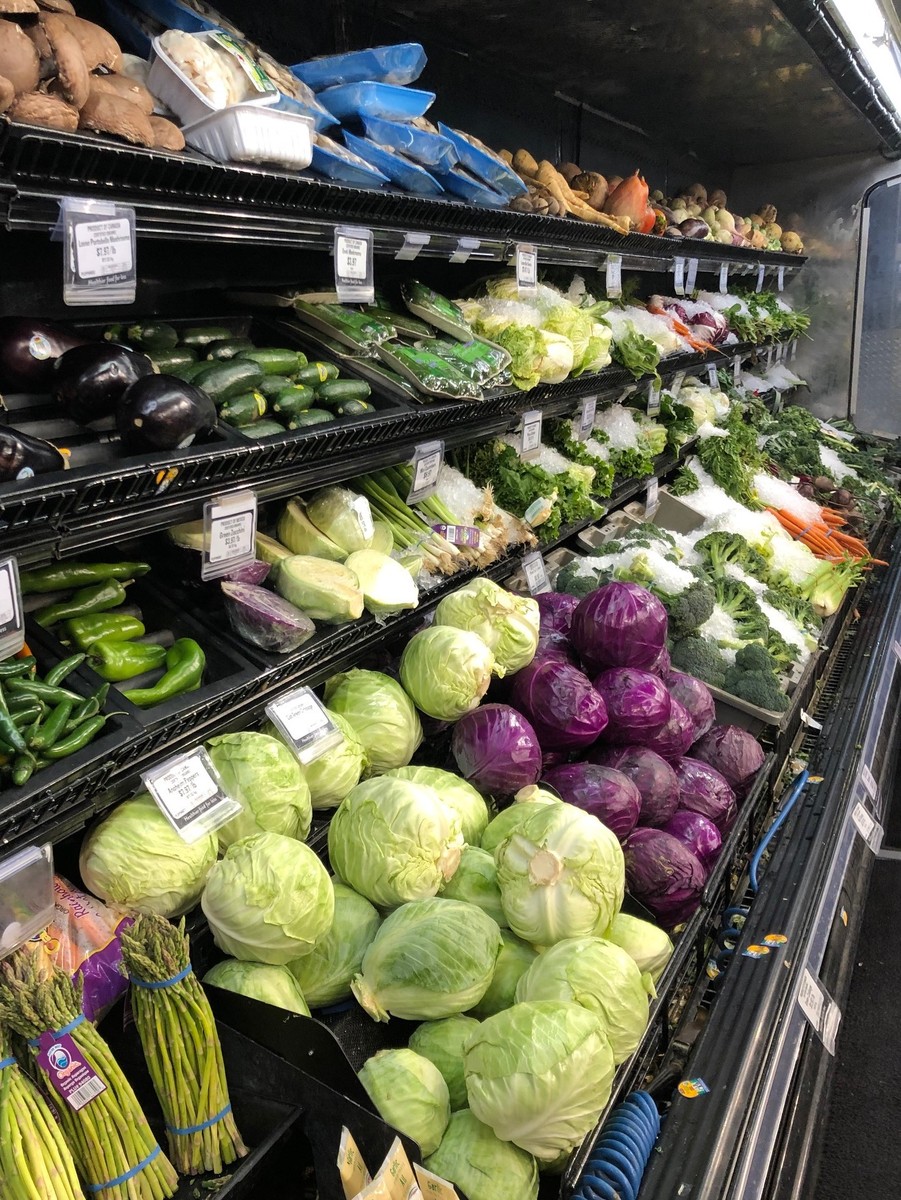So, they say you have IBS....
July 28, 2020 in General
Ok. Now what??
Well, I can tell you this much - “Just take a probiotic” is not a solution, especially if you don’t know the what, the how or the why.
Why are you experiencing symptoms of IBS?
What really needs to be addressed and rebalanced?
How did it develop, so that the SOURCE of the issue can truly be addressed?
Did you know that a large percentage of IBS sufferers are really suffering from something called SIBO? This stands for Small Intestinal Bacterial Overgrowth. Various triggering factors can lead to the development of SIBO, such as traveller’s diarrhea or food poisoning.
Maybe your IBS is really one or a combination of the following:
• celiac disease
• non-celiac gluten sensitive
• lactose intolerance
• SIBO or SIFO (fungal overgrowth)
• pancreatic insufficiency
• digestive enzyme deficiency
• low stomach acid
• food sensitivities
• parasitic infection
• gallstones or gallbladder inflammation
• consequences of a removed gall bladder
• medication side effect
•improper use of supplements
... and so on!
A big philosophy of naturopathic medicine is to treat the root cause. This requires digging deeper, asking more questions, putting all the various pieces of the puzzle together, and identifying dietary and lifestyle habits that are perpetuating the problem.
Is it time to dig a little deeper for your IBS struggles? We can help you at One Health Services. Book a visit to find out more.
Until then, here are 5 tips to help support better digestion:
- Reduce your intake of refined sugars and processed foods - these add chemical burden, contribute to local (gut) and systemic (whole body) inflammation, and can affect the gut bacterial ecosystem that plays a pivotal role in digestion, detoxing and immune function.
- Drink plenty of water - but NOT with your meals. Drinking excessive amounts of fluids or water while eating can dilute digestive juices and limit your full digestive power. Focus water consumption up to 30-45 minutes before eating, or wait 1 hour after eating to drink a larger volume of water
- Chew your food - digestion starts in the mouth. Each mouthful of food should be chewed 10-20 times (into a paste), before swallowing. With every chew, you expose the food to more enzymes that are produced in the saliva, and you facilitate the breakdown of food with your teeth to make everything downstream work more efficiently.
- Take a deep breath - chronic stress puts us into SYMPATHETIC NERVOUS SYSTEM (SNS) response, aka fight or flight. However, this does not support digestion. A more calm or relaxed state puts the body in PARASYMPATHETIC NERVOUS SYSTEM (PNS) response, rest and digest, which does optimize digestive function. Deep breathing has been shown to help shift people into a PNS response and help calm their body and mood. Take a moment to stop, get centered and just breath a bit before taking your first bite of each meal.
- Fermented foods - the fermentation process of these foods unlocks various nutrients and makes them more bioavailable AND it creates a naturally occurring bacterial ecosystem that can help support the gut microbiome. Fermented foods are often lacking in the standard North American diet. Try adding a small serving of raw sauerkraut or kimchi, raw fermented pickles, miso, keffir or kombucha into your dietary routine to support your gut microbiome.





